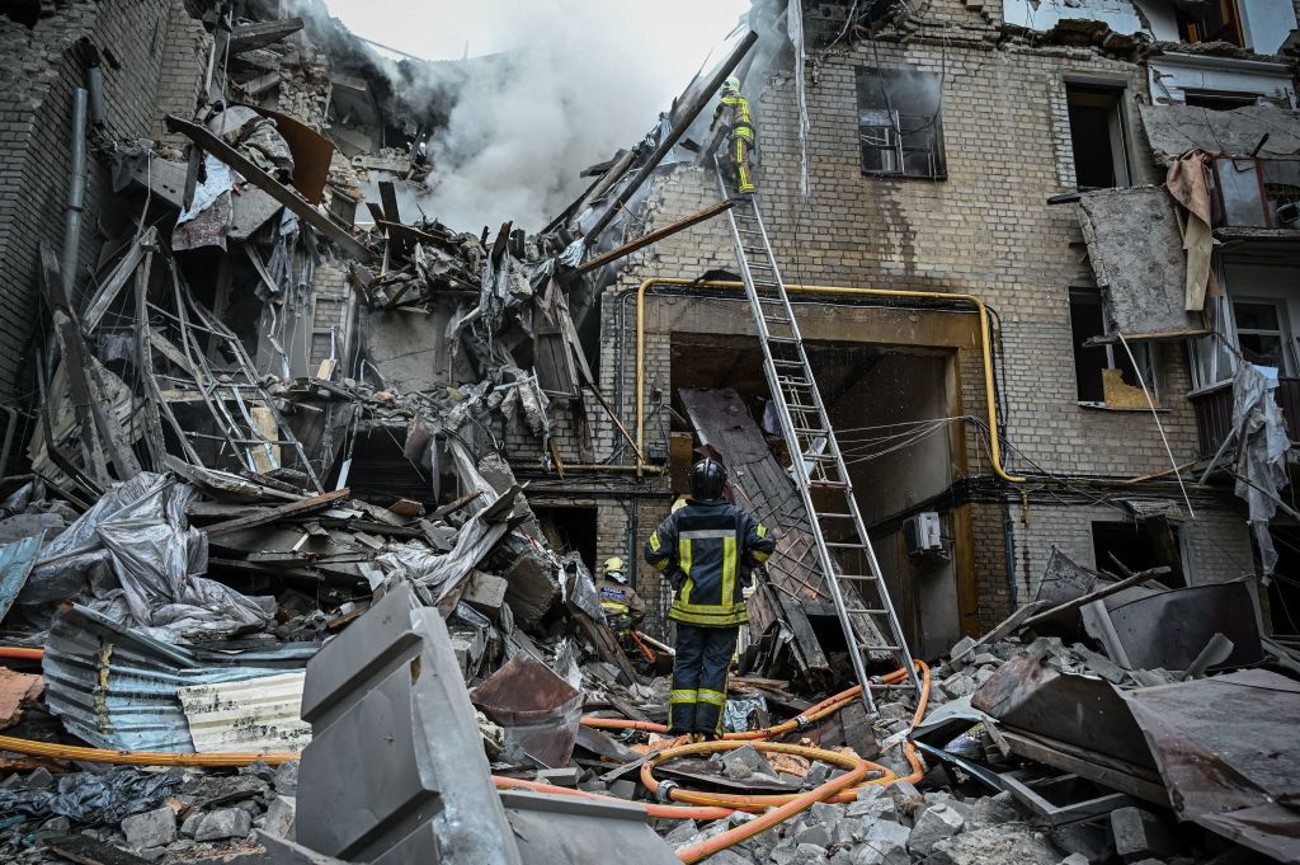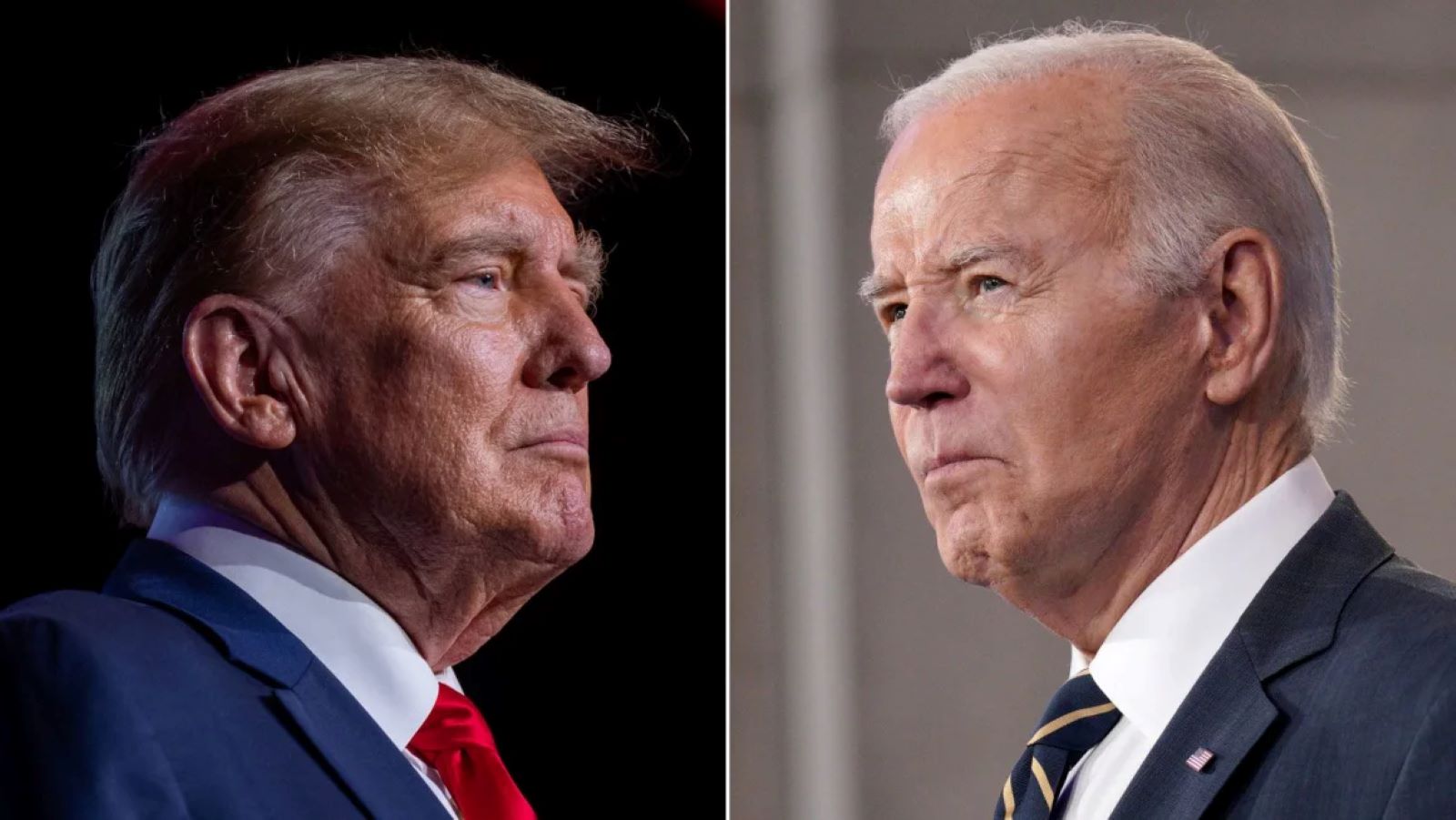The International Atomic Energy Agency is “gravely concerned” about the status of the Zaporizhia nuclear power plant

The European Commission submits a proposal to suspend the EU visa agreement with Russia
The European Commission on Tuesday submitted a proposal to suspend the visa facilitation agreement between the European Union and Russia, which would make travel for Russians to EU member states more expensive and difficult.
European Commissioner for Home Affairs Ylva Johansson announced the proposal at a press conference in Brussels, saying “there is no basis for a privileged relationship between Russia” and the EU after the Russian invasion of Ukraine.
This comes after European foreign ministers reached a political consensus last week to suspend the visa agreement entirely.
“The proposal to suspend the visa facilitation agreement will terminate all facilities for Russian citizens applying for a short-stay visa for the Schengen area,” a statement from the European Commission said on Tuesday.
Johansson emphasized that the proposal would ensure that “Russian citizens no longer have privileged access to the European Union.”
The commissioner said Russians seeking to enter the EU for tourism and leisure purposes would face a “longer” and “more expensive” process. There will also be more restrictions on multiple-entry visas, Johansson added.
In this sense, the visa fee will increase from 35 EUR (34.66 USD) to 80 EUR (79.23 USD), while the decision-making period for consulates will increase from 10 to 15 days. Visa applicants will also have to provide a longer list of documentary evidence when applying for a visa, according to the press release.
Despite the suspension, the EU will remain “open to certain categories of Russian visa applicants traveling for essential purposes, including in particular family members of EU citizens, journalists, dissidents and civil society representatives,” according to the statement.
What’s Next?: The Commission now has to wait for the European Council to study the proposal to scrap the visa agreement entirely, according to the press release. If approved by the European Council, the suspension will enter into force on the second day of its publication in the Official Journal of the European Union.
The union announced in the statement that it is also proposing a “common EU approach to non-recognition of Russian passports issued in occupied foreign regions, as Russia is currently working to expand the practice of issuing ordinary Russian passports to more out-of-control regions of Ukraine”. , in particular the Kherson and Zaporizhia regions.
The EU emphasized that visa facilitation agreements are “based on mutual trust and respect for the common values between the EU and the country concerned”.
The bloc added: “The Russian invasion of Ukraine runs counter to the relationship of trust and goes against the spirit of partnership on which visa facilitation agreements are based.”

“Bacon advocate. Certified creator. Twitteraholic. Tv junkie. Beer fanatic. Internet nerd. Passionate thinker. Reader.”




:quality(85)/cloudfront-us-east-1.images.arcpublishing.com/infobae/OF4NJDPGLBEYJAZ5XZMH3OIPJ4.jpg)



